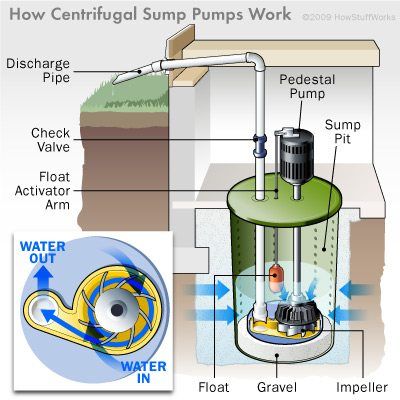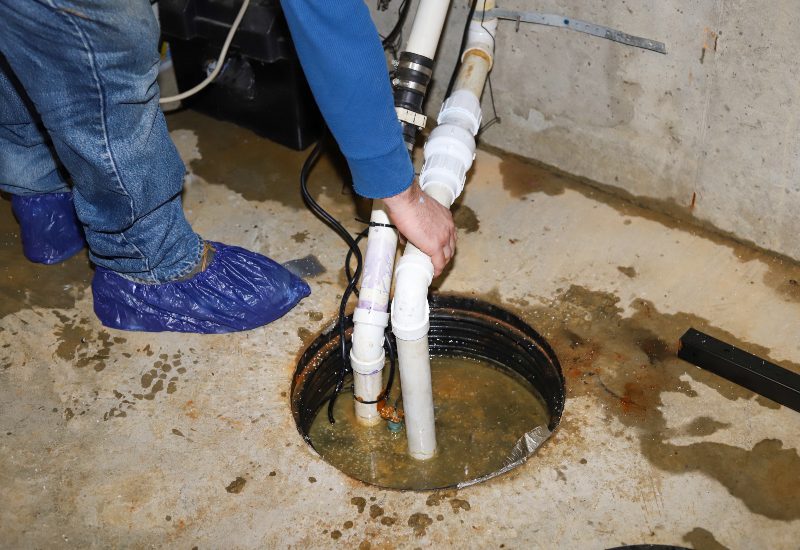Recognizing the Trick Elements of Effective Water Purification Equipments

Value of Water Filtering Systems
Water purification systems play a critical function in guaranteeing accessibility to secure and clean drinking water by properly eliminating contaminants and contaminations. These systems are crucial in attending to the growing problems over water high quality and the possible health and wellness risks connected with eating polluted water. By utilizing different filtration devices such as reverse osmosis, activated carbon, and UV sanitation, water filtration systems can effectively remove dangerous substances like germs, viruses, hefty metals, and chemicals from the water.
Furthermore, water purification systems help to enhance the preference and odor of water by getting rid of chlorine, debris, and other contaminants that can influence its quality. Water Filtration Systems. This improvement in water top quality not only makes it much more tasty yet also motivates people to consume alcohol a sufficient amount of water daily, advertising far better hydration and overall health
Sorts Of Purification Elements

Physical filters are made to literally strain out impurities from the water. These filters can be made from products like ceramic, carbon, or also sand, and they function by capturing particles larger than the filter's pores as water goes through.
Chemical filters utilize different chemical procedures to eliminate impurities from the water. Instances consist of turned on carbon filters, which adsorb impurities, and reverse osmosis membranes, which make use of stress to different impurities from the water.
Organic filters make use of living microorganisms like microorganisms or algae to damage down raw material and contaminants in the water. These filters are usually utilized in wastewater treatment plants or all-natural water filtration systems.
Recognizing the different types of filtering parts is important for choosing one of the most ideal water purification system for details filtration requirements.
Function of Debris Filters
Debris filters play a vital function in water filtering systems by efficiently capturing strong bits find out suspended in the water. These filters are typically the initial line of protection in a filtering system, removing larger fragments such as sand, silt, dirt, and rust prior to the water moves through finer purification phases. By trapping these debris, the filters avoid them from reaching downstream parts, therefore extending the life-span and effectiveness of the entire system.
The feature of debris filters is important in maintaining water high quality and safeguarding delicate devices from damages triggered by debris. In addition, by removing noticeable bits, debris filters improve the clarity and preference of the water. Frequently cleaning or changing sediment filters is crucial to make sure optimal efficiency. Neglecting this upkeep can lead to blocking, reduced water flow, and endangered filtering performance. In general, debris filters are important elements that add considerably to the performance of water filtration systems.
Role of Triggered Carbon Filters
Playing a crucial role in water filtering systems, turned on carbon filters are instrumental in removing pollutants and pollutants from the water system. These filters are made to adsorb and trap a broad variety of toxins, consisting of chlorine, unpredictable organic compounds (VOCs), pesticides, and herbicides. The activated carbon material has a large area, permitting the effective trapping of pollutants with a procedure called adsorption. As water passes through the filter, the activated carbon attracts and holds onto the impurities, ensuring that the water that comes out beyond is cleaner and safer for intake.
Triggered carbon filters are highly reliable at improving the preference and smell of water by minimizing chemicals that can affect its high quality. Due to their versatility and integrity, activated carbon filters are a vital component in making certain that water is purified to the highest possible standards prior to reaching consumers.
Recognizing Reverse Osmosis Solutions
Reverse osmosis systems are innovative water filtration systems that employ an advanced procedure to get rid of contaminants and pollutants important site from drinking water. These systems function by using stress to the water, compeling it through a semi-permeable membrane.
In addition, reverse osmosis systems are reasonably low-maintenance and can be mounted under the sink or in a central filtration system, providing hassle-free accessibility to clean water throughout the home. Overall, recognizing just how reverse osmosis systems work can help people make notified decisions concerning their water purification requirements.
Conclusion
Finally, reliable water filtering systems are important for guaranteeing clean and secure alcohol consumption water. The essential parts of these systems include sediment filters, activated carbon filters, and turn around osmosis systems. By comprehending the feature and function of each component, people can make informed choices when selecting a water purification system. It is crucial to prioritize the high quality of water in order to promote general health and health.
Water purification systems play an important duty in guaranteeing accessibility to tidy and safe drinking water by successfully getting rid here of contaminations and contaminants. By using numerous filtering devices such as reverse osmosis, activated carbon, and UV sterilization, water filtering systems can successfully eliminate hazardous compounds like microorganisms, infections, heavy metals, and chemicals from the water supply.
Sediment filters play a vital duty in water filtration systems by efficiently catching strong particles suspended in the water (Water Softeners).Playing a critical duty in water filtration systems, activated carbon filters are instrumental in removing pollutants and pollutants from the water supply.Reverse osmosis systems are sophisticated water filtering systems that utilize an advanced process to eliminate pollutants and impurities from drinking water